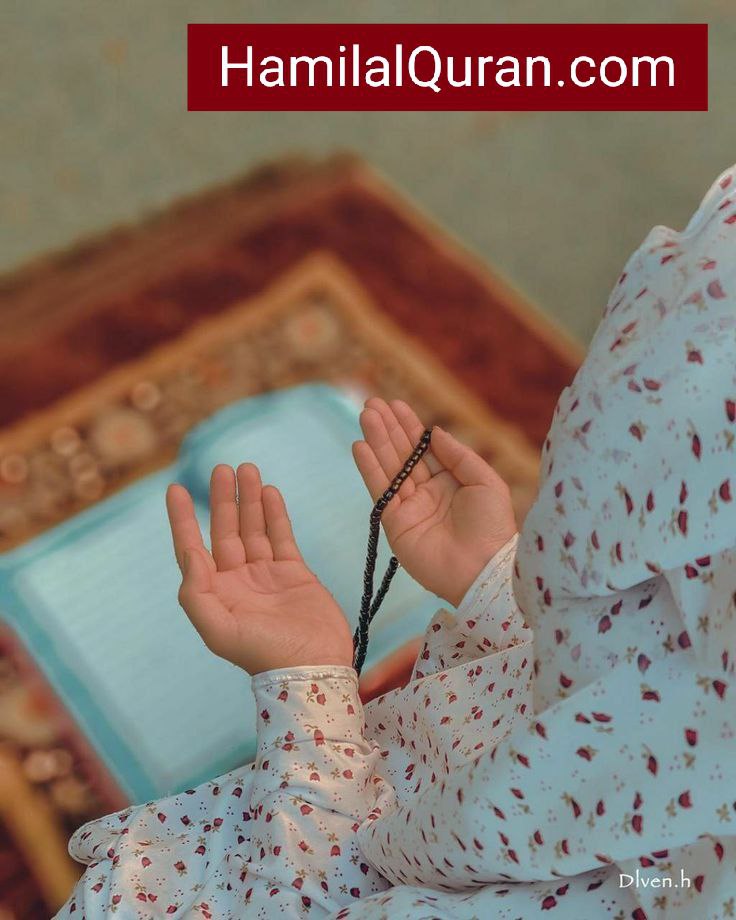Family is considered to be the cornerstone of society, and strong family values are highly emphasized. Islamic teachings provide guidance on various aspects of family life, including marriage, parenting, and the roles and responsibilities of family members. Some key perspectives on family values from an Islamic standpoint are:
The Importance of Marriage, an Islamic perspective on family values
Islam encourages marriage as a means of companionship and mutual support. It is seen as a sacred bond between a man and a woman, based on love, mercy, and understanding. The Prophet Muhammad (PBUH) said, “Marriage is half of faith,” emphasizing the significance of a healthy marital relationship. Islam teaches that family members should treat one another with respect, kindness, and compassion. Husbands and wives are encouraged to show love and appreciation for each other, and parents are advised to be kind and gentle towards their children. This fosters a harmonious and loving atmosphere within the family.
Parental Responsibility in raising and nurturing our children
Islam places great importance on the role of parents in raising and nurturing their children. Parents are considered the primary educators of their children and are responsible for their physical, emotional, and spiritual well-being. They are encouraged to provide love, guidance, and a good moral example for their children. Allah Says: “And lower to them the wing of humility out of mercy and say,
"My Lord, have mercy upon them as they brought me up [when I was] small." Surah Al- Isra
Effective communication and consultation are vital in maintaining a healthy family dynamic. Islam encourages open dialogue and respectful discussion within the family, allowing everyone to voice their opinions and concerns. Decision-making should be based on mutual consultation, taking into account the views and interests of all family members.

How Islam encourages open dialogue and respectful discussion within the family?
- Islam encourages open dialogue and respectful discussion within the family by promoting the practice of Shurah (Consultation): Islam emphasizes the concept of “shura,” which means consulting and seeking the opinions of family members in decision-making processes. This includes involving all family members, regardless of age or gender, in discussions and considering their viewpoints before making important family decisions. This practice encourages mutual respect, active participation, and a sense of ownership within the family.
- Effective Communication: Islam encourages family members to communicate openly and honestly with each other. This involves active listening, expressing thoughts and feelings respectfully, and seeking to understand the perspectives of others. Islam teaches that communication should be free from insults, yelling, or disrespectful language. The Prophet Muhammad (peace be upon him) emphasized the importance of gentle speech and said, “The best among you are those who have the best manners and character.”
- Conflict Resolution: Islam provides guidance on resolving conflicts within the family. It encourages family members to address conflicts through dialogue and peaceful means. The Quran advises believers to “repel evil with what is better” (Quran 41:34), which means responding to negativity or conflicts with kindness, patience, and forgiveness. Islam discourages aggression, violence, and harshness in resolving family disputes.
- Family Meetings: Islam encourages the practice of family meetings, where family members come together to discuss family matters, express their thoughts and concerns, and make collective decisions. Family meetings provide a platform for open dialogue, problem-solving, and strengthening family bonds. They also facilitate the sharing of responsibilities and promote a sense of unity within the family.
- Learning and Teaching: Islam encourages the sharing of knowledge and wisdom within the family. Parents are encouraged to educate their children about Islam, moral values, and life skills. This involves creating an environment where children feel comfortable asking questions and engaging in discussions about faith, ethics, and social issues. Islam promotes the idea of lifelong learning and encourages family members to seek knowledge together.
Promoting effective communication within the family can significantly enhance understanding, trust, and harmony. Father or mother Encourages family members to actively listen to one another. This involves giving undivided attention, maintaining eye contact, and showing genuine interest in what the other person is saying. Avoid interrupting or formulating responses before the person has finished speaking. Active listening demonstrates respect and validates the speaker’s feelings and thoughts.

Expressing their feelings and thoughts openly and honestly. We create a safe and non-judgmental environment where everyone feels comfortable sharing their emotions, concerns, and perspectives. Emphasize the importance of using “I” statements to express personal experiences rather than making accusatory or generalizing statements.
Empathy and Understanding in raising and nurturing our children
We teach family members to practice empathy and understanding toward each other. Encourage them to put themselves in the other person’s shoes and try to see things from their perspective. This helps foster compassion, patience, and a willingness to find common ground. Validate each other’s emotions and experiences, even if there are disagreements. Also, Emphasize the importance of using respectful and considerate language within the family. Discourage name-calling, insults, shouting, or any form of disrespectful communication. Encourage family members to choose their words carefully and speak in a calm and measured tone, even when discussing sensitive topics or conflicts.
Family Meetings are very important in raising and nurturing our children
It’s very important to establish a regular practice of family meetings where everyone can come together to discuss important matters, share updates, and address any concerns. Family meetings provide a structured platform for open communication, decision-making, and problem-solving. Ensure that all family members have an opportunity to contribute and be heard during these meetings. Engage in activities that promote bonding and communication within the family. This can include regular family meals, outings, game nights, or shared hobbies. These activities create opportunities for relaxed and informal conversations, allowing family members to connect and communicate naturally.
Remember that effective communication takes practice and patience and it’s rewarded by Allah (SWT). Encouraging these practices within the family can foster a culture of open dialogue, understanding, and respect, strengthening the family unit and promoting healthy relationships. Allah (SWT) Says in the Holy Quran:
"And your Lord has decreed that you not worship except Him, and to parents, good treatment."
Conclusion
Islam views the family as a divine institution established by Allah (SWT) Himself. The Holy Quran describes marriage as a solemn covenant and a sign of His creation, saying,
"And of His signs is that He created for you from yourselves mates that you may find tranquility in them, and He placed between you affection and mercy. Indeed in that are signs for a people who give thought."
This highlights the divine wisdom behind the creation of the family unit. A strong and healthy family unit leads to social stability and cohesion in society. Islam emphasizes the importance of maintaining strong family ties and extended kinship connections. Upholding family values and fulfilling familial responsibilities helps build a strong social fabric based on care, support, and cooperation.
